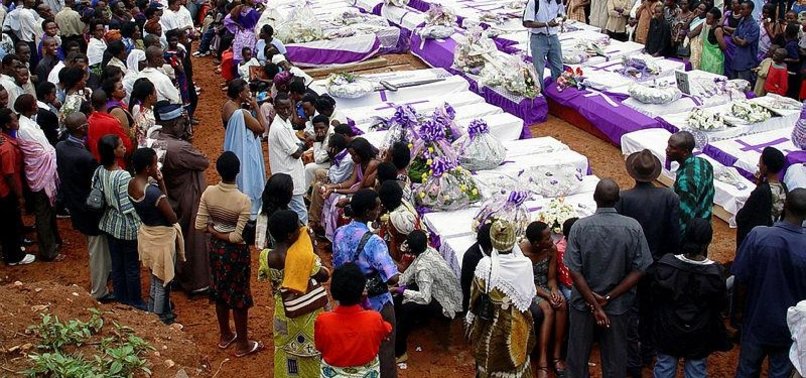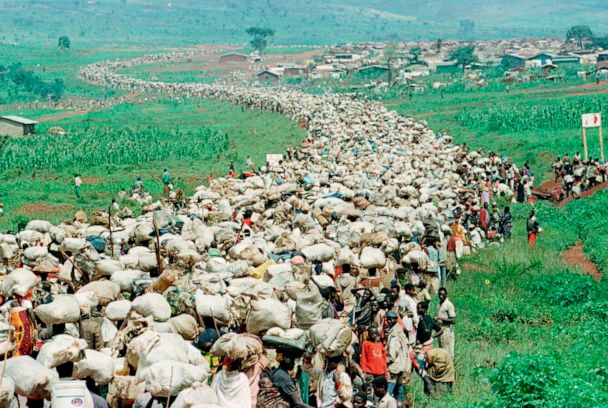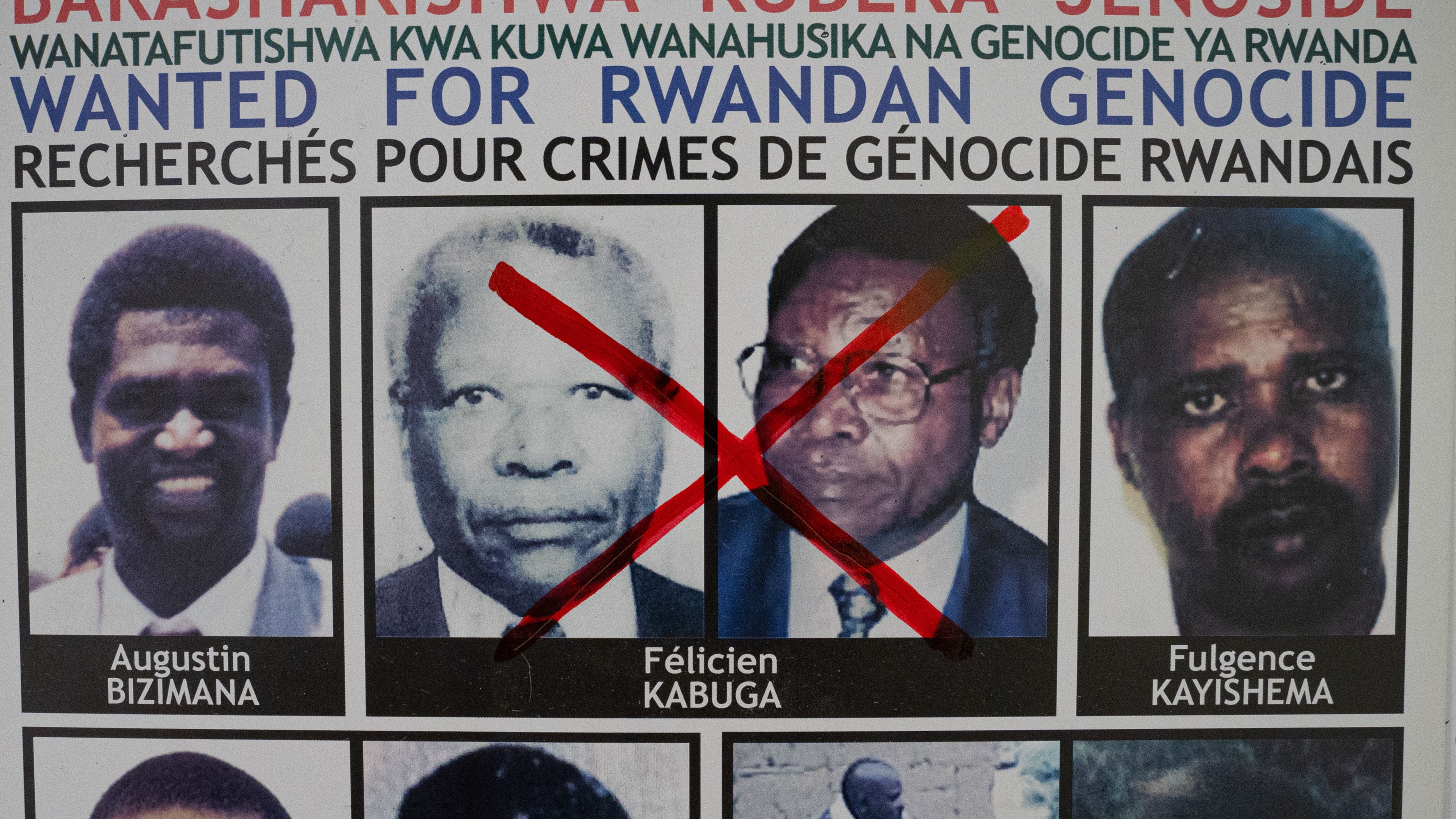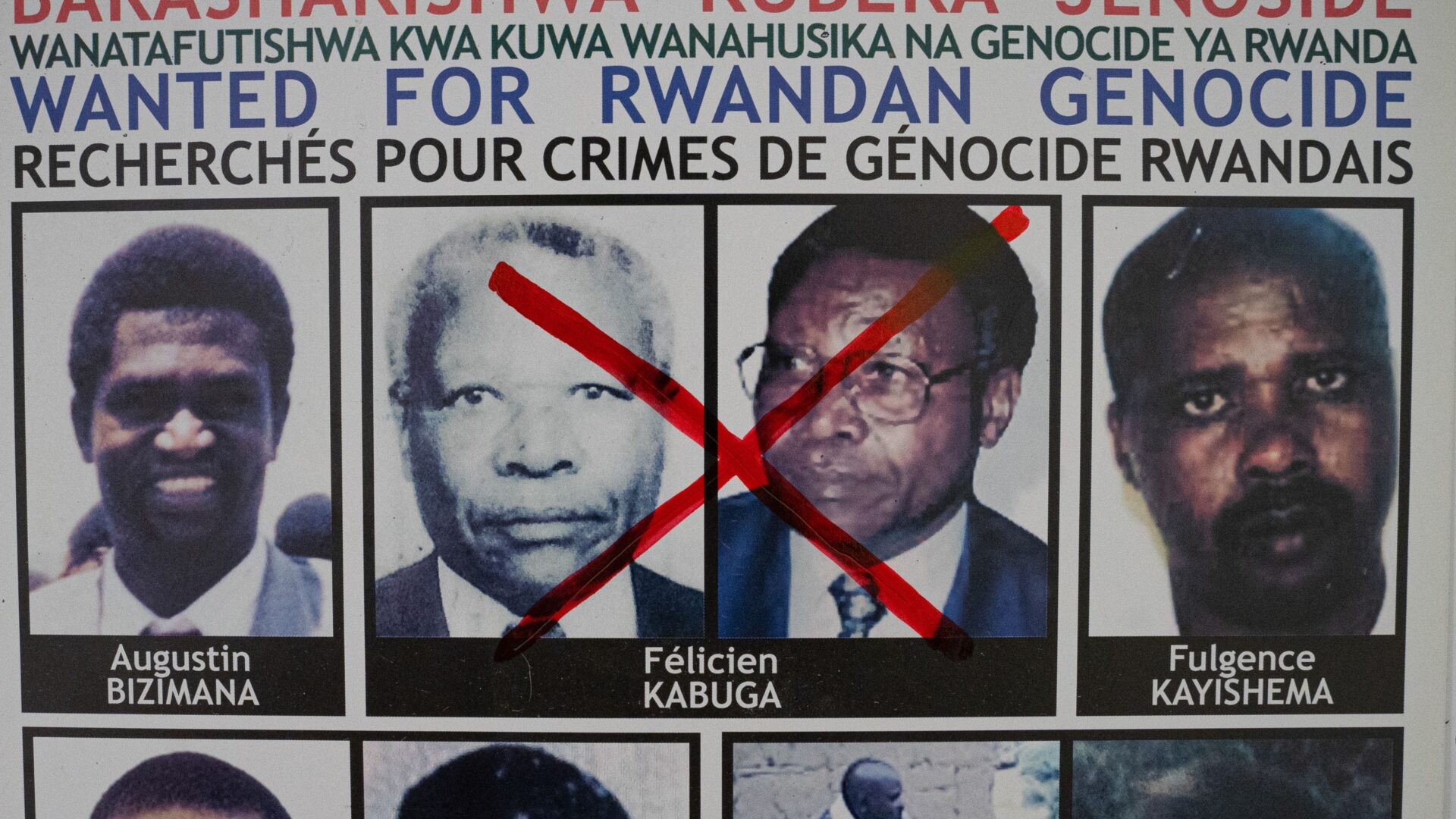 On eve of the 27th anniversary of the genocide in Rwanda being observed on Wednesday, experts are debating the role of media that played a critical role in inciting and prolonging the violence.
On eve of the 27th anniversary of the genocide in Rwanda being observed on Wednesday, experts are debating the role of media that played a critical role in inciting and prolonging the violence.
The massacre that started on April 7, 1994, killed one million people belonging to a mainly Tutsi ethnic community and moderate Hutus in a span of 100 days.
Experts recall that in 1993 when the ruling National Revolutionary Movement for Development was engaged in negotiations to end the civil war, its official radio station known as Radio Television Libre des Mille Collines (RTLM) was broadcasting hate and preparing its listeners for the violence. The radio was supported by an extremist newspaper the Kangura.
In the run-up to genocide, the RTLM used insensitive language against the Tutsi community.

According to Samantha Power, a researcher, and diplomat, the killers often carried a machete and a transistor with them.
While a 2007 study by social scientist Scott Straus found that only 15% of genocide perpetrators cited radio broadcasts as a key influence, many other scholars say, the media played a pivotal role in amplifying hate.
Speaking to Anadolu Agency, Paul Mbaraga, a veteran Rwandan journalist and director of Radio Salus, said while state propaganda was disseminated through schools and other government institutions, the radio broadcasts took it to another level.
“The broadcasts played an essential role in the preparation for the genocide. It is unfortunate that journalists drifted from the cardinal principles of objectivity and social responsibility and promoted hate,” he said.

Tribunal indicts media
In 2003, the International Criminal Tribunal for Rwanda convicted RTLM co-founder Ferdinand Nahimana, Jean-Bosco Barayagwiza executive director, and Kangura founder and editor, Hassan Ngeze for playing role in incitement.
The Tribunal described the radio broadcasts and newspaper articles spreading hate as crimes against humanity.
While their conviction for their direct role in genocide was overturned after the appeal, the involvement in broadcasting hate was upheld.
Mbaraga, who has worked as chief editor at Radio Rwanda, said the problem partly arose because journalists lacked conflict reporting capacity at a crucial moment.
He said that journalists should weigh the impact of their broadcasts on society in times of conflict, where truth becomes the first casualty.
Margret Jjuuko, an associate professor at the University of Rwanda’s School of Journalism and Communication said the role of media in the genocide was significant. She said the trend to publish stories without thinking of their impact is still valid.
“Many journalists have shifted to a point where they want to publish stories that sell, looking at how much they will get out of the story without minding more about who is affected or who is not affected. That is why you find many of them sensationalize issues instead of reporting for the good,” Jjuuko told Anadolu Agency.
She said in conflict times, it was necessary to apply the social responsibility principle while deciding and broadcasting stories.
“The words selected should not deteriorate the situation or put more fire in the conflict,” she added.

Mbaraga lamented that journalists ditched their professionalism and chose to become propagandists. He said a professional journalist should use his judgment and reject issues that result in abuse of human rights and try to foster reconciliation.

He said the media ironically used the cover of freedom of expression and created an environment of hate and then just watched the massacres silently.
Jjuuko said the Rwandan massacre had a message that every freedom be that of media freedom or freedom of speech has to come with social responsibility.



